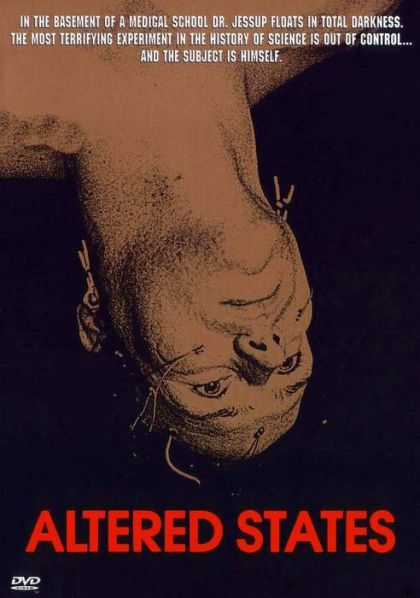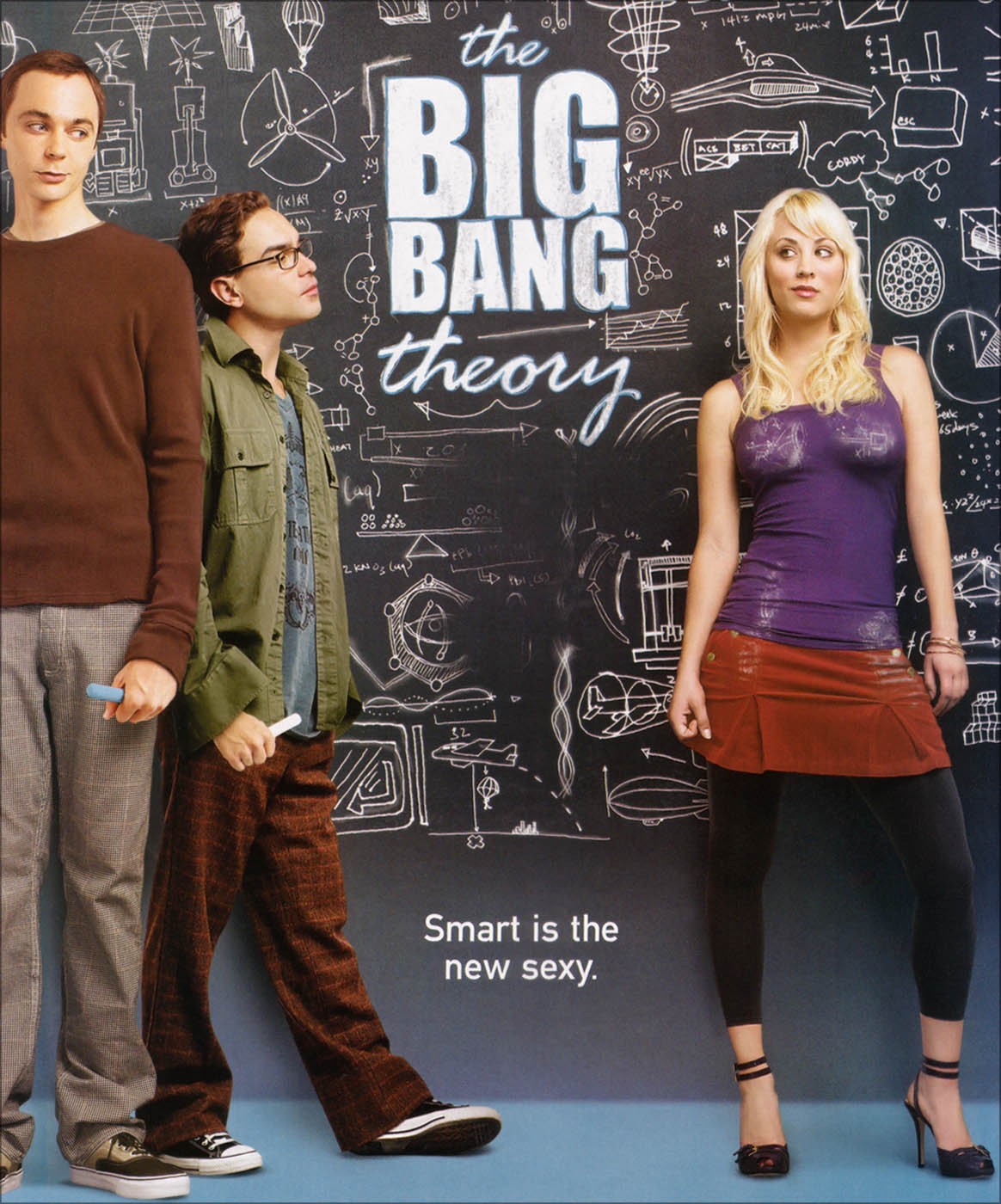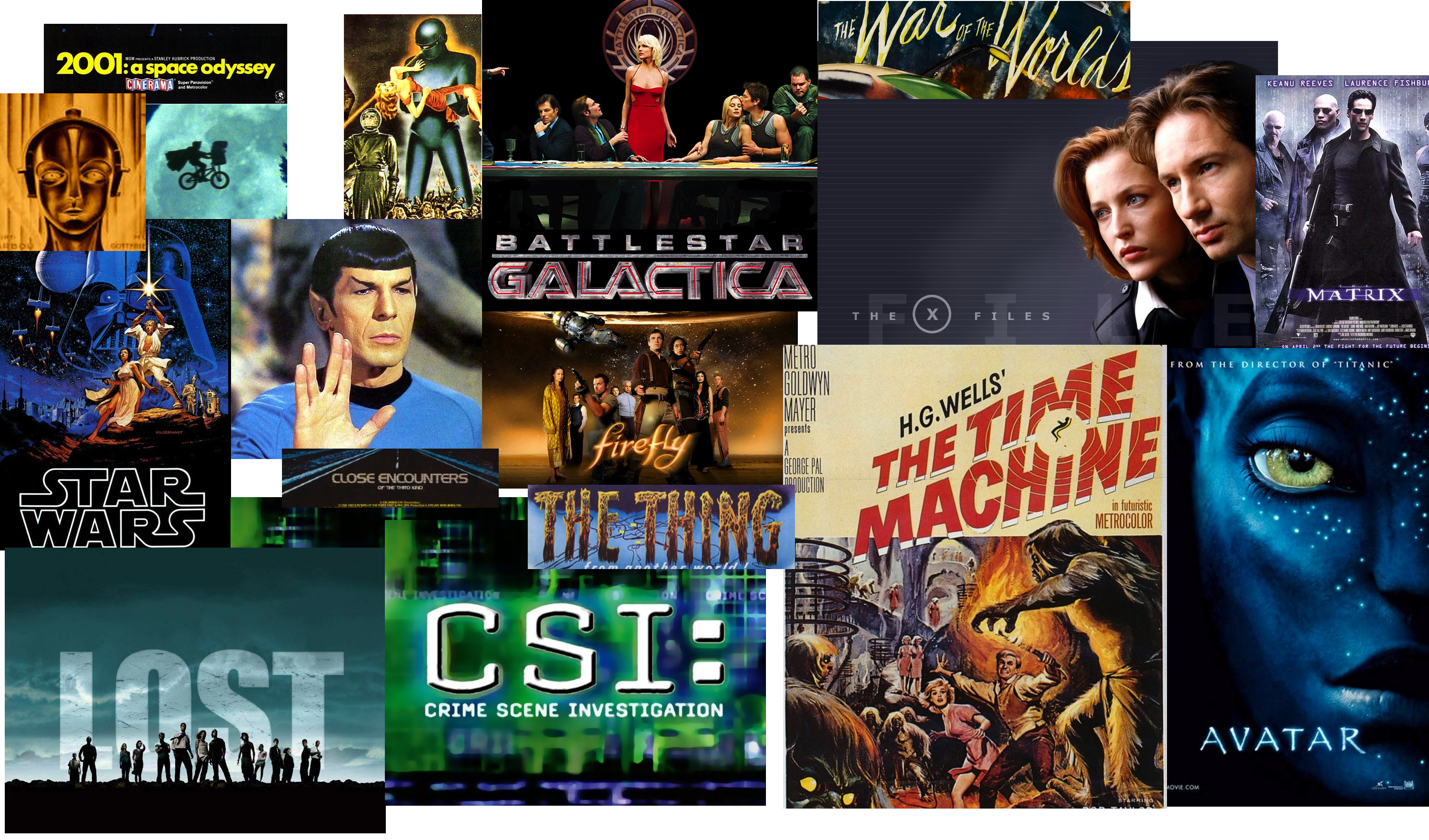I am just sitting down to dinner at makeshift cafeteria a few miles away from a Maya dig site, called Xultun, in the jungles of Northern Guatemala. It’s my third day there, and I am still not used to the howler monkeys and giant insects. But most of the students around me have been here for weeks or months and they happily chat away as they dig into home-cooked chicken with tortillas and refried beans.
Sitting there all alone, I listened in on their conversations.
“That was during the rule of Tuun K’ab’ Hix, who captured Aj Wosal and put him under the power of Naranjo,” says one undergraduate archeologist. Then for a few minutes I can’t hear as an argument breaks out. When I pick it up again it’s, “… so the palace of Godalin falls to the Paks from the north, who are fierce fighters.”
Did you hear it? If weren’t careful, you’d miss the change from actual 6th Century Maya king to what I inferred was World of Warcraft. Pretty much the only way to separate archaeology from a fantasy battle was by the tenses they used.
In the past, I have written about how domestic décor reflects our passion but at that moment I discovered that it goes much further than that. Many of the young archeologists in that camp were huge fantasy nerds (takes one to know one, believe me). Same for science nerds. I ask you, is there any scientist or science writer out there who does not like science fiction? Don’t bother responding, the answer is no.
Which brings me to my own recent addiction, the TV show Fringe. For those who don’t know it, it’s a JJ Abrams show about a secret FBI team who investigates strange occurrences alongside a quirky but brilliant scientist named Walter Bishop. Think X-Files meets, I don’t know, CSI.
I’ll say right now, it’s not good. It’s no Battlestar Galactica, X-Files, and certainly no Firefly. It’s fun and addictive, but the characters are wooden and the plots predictable. And the science is awful. But as a sci-fi fan, whatever, I watch it. Lately, however, I’ve begun to suspect it might be dangerous.
First, there is the science. The show, like many others, takes a scrap of truth and extrapolates horribly from there. My personal peeve is the brain-as-machine analogy. If the brain is a machine, it can be used like one – downloading, uploading, erasing, reprogramming. Yes, the body is a machine of sorts; but saying that is like saying the universe is really big. It kind of misses the scale.
Secondly, there is the underlying message: fringe outsiders are usually right, so long as they’re eccentric. Bishop appears to be inspired, in part, by 70’s-era scientists like John Lilly (who also inspired the movie Altered States) with its alternate universes and floating in saltwater tanks. Like Lilly, Bishop is dismissed as a quack and ostracized from mainstream science. But in truth he’s a genius who alone can save the world.
 But here’s the thing, Lilly, and most of his ilk were total quacks. Lilly once tried to warn Gerald Ford of an impending alien invasion and gave LSD to dolphins just for kicks (the animals later died, shockingly). The truth of science is that most people on the fringe are there for a reason. And, sadly, most in the mainstream are right. Thank God for the exceptions to this (Darwin, Copernicus, Tesla, John Ostrom, Stephen Schneider, etc) but most of the time, the crowd is right. Certainly this is true for my job, which is to present the truth as best as we know it. If I pawn off fringe as mainstream, I am lying to the reader.
But here’s the thing, Lilly, and most of his ilk were total quacks. Lilly once tried to warn Gerald Ford of an impending alien invasion and gave LSD to dolphins just for kicks (the animals later died, shockingly). The truth of science is that most people on the fringe are there for a reason. And, sadly, most in the mainstream are right. Thank God for the exceptions to this (Darwin, Copernicus, Tesla, John Ostrom, Stephen Schneider, etc) but most of the time, the crowd is right. Certainly this is true for my job, which is to present the truth as best as we know it. If I pawn off fringe as mainstream, I am lying to the reader.
Lastly, there is the way they show science is done. Leave aside the fact that the equivalent of months of research happens in an hour or two (CSI and Bones do this all the time). Bishop is apparently an expert in quantum physics, microbiology, anesthesiology, chemistry (all kinds), genetic engineering, neurology, virology, zoology, material science, optics, and on and on. Not just an expert, he’s like the greatest scientist know to man – in all of them. It takes a village to raise a child. And these days it takes a small city to do an experiment. No one does science alone and no one can truly be a expert in more than a couple narrow fields.
But, as I said, I ignore all this (plus the marginal acting from the heroine) and watch it anyway. As a science writer, I know pretty well where the lines are between what is possible in science, what may soon be, and what will never be. It’s as realistic as Lord of the Rings. And the monsters are cool.
More than that, I buy into the game. I love science stories about iconoclasts and lone heroes. All the tropes above, if I’m honest, I borrow from (except the computer/brain one, I really hate that one). It’s a narrative tool to help people understand the science I am sharing. Any savvy reader should know that lone scientists actually have lots of students in their lab and borrow from mentors who came before. There’s a good chance people trying to upset the status quo are wrong but we’re glad their trying.
 But by reinforcing these tropes, the show (and I, if I’m not careful) may be making it easier for pseudoscience to live in society. I was having dinner with a non-scientist the other day and she started telling me how a YouTube series taught her that solar flares cause earthquakes. I told her this was a fringe idea bordering on quackery (yes, I’m a real dinner party charmer, all right). Yet it just reaffirmed her conviction. This heroic fringe guy YouTube guy was clearly being repressed by evil status quo scientists. I see the same lone-outsider-against-the-conspiracy in anti-evolution, climate denial, anti-GMO, and anti-vaccine movements. These people deserve their say (at least some do) but they’re probably wrong.
But by reinforcing these tropes, the show (and I, if I’m not careful) may be making it easier for pseudoscience to live in society. I was having dinner with a non-scientist the other day and she started telling me how a YouTube series taught her that solar flares cause earthquakes. I told her this was a fringe idea bordering on quackery (yes, I’m a real dinner party charmer, all right). Yet it just reaffirmed her conviction. This heroic fringe guy YouTube guy was clearly being repressed by evil status quo scientists. I see the same lone-outsider-against-the-conspiracy in anti-evolution, climate denial, anti-GMO, and anti-vaccine movements. These people deserve their say (at least some do) but they’re probably wrong.
If you do science, write about it, or follow it (all of our readers, right?) then science fiction is just that – fiction. But most people don’t have a lot of contact with real science beyond doctors, weathermen, and Data on Star Trek. And, as CJR pointed out, weathermen don’t usually have degrees and have an odd anti-climate-science streak. If you are someone who doesn’t read Nature News or Ed Yong you might assume that science is, well, kinda crazy.
 So where does one go for a reliable view of science? Oddly enough, I may have found it in CBS’s The Big Bang Theory (whose Eric Kaplan I interview briefly here, but who had a lot more fascinating ideas that didn’t fit). Yes, it’s a sitcom and yes, it has stereotypes of emotionless scientists. Yet somehow the show captures the humanity of the sciences – its pettiness, altruism, and wonderful nerdiness. And notice, not one evil lab or lone mastermind (okay, one, but he doesn’t build mutants or anything).
So where does one go for a reliable view of science? Oddly enough, I may have found it in CBS’s The Big Bang Theory (whose Eric Kaplan I interview briefly here, but who had a lot more fascinating ideas that didn’t fit). Yes, it’s a sitcom and yes, it has stereotypes of emotionless scientists. Yet somehow the show captures the humanity of the sciences – its pettiness, altruism, and wonderful nerdiness. And notice, not one evil lab or lone mastermind (okay, one, but he doesn’t build mutants or anything).
If you have any suggestions for “Debunking Hollywood” topics, drop them into the comments or send them to @erikvance on Twitter.
Photo Credit: Mad scientists by Shutterstock, the rest from respective distributors.
